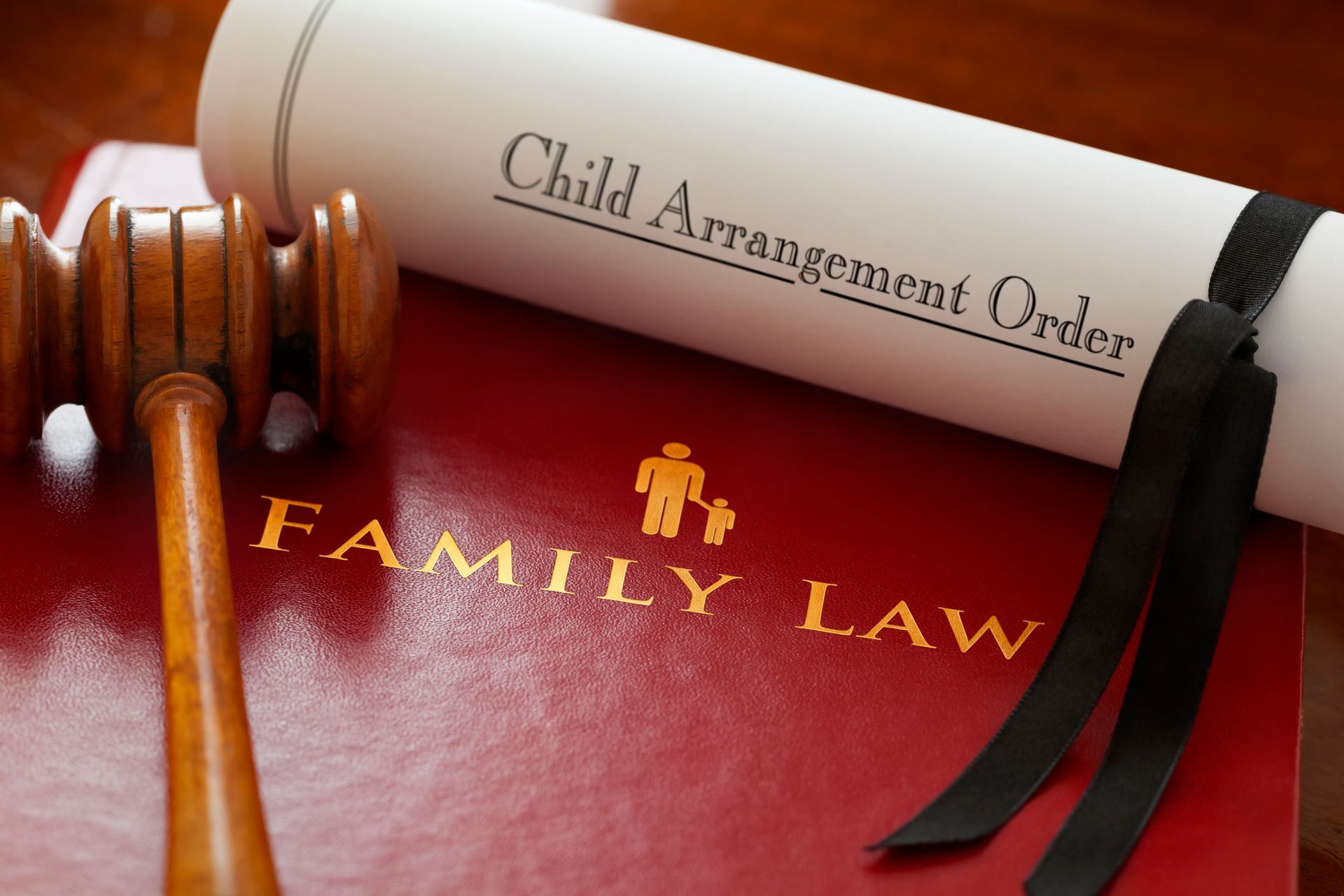Forgery Charges and Defenses: 4 Things You Should Know
When you consider the huge range of damaging activities people can get away with by altering documents or misrepresenting objects with the intent to defraud, you can see why both federal and state legal institutions consider forgery such a serious white-collar crime. A conviction for forgery can result in significant penalties.
If you face a forgery charge, you need to understand what this charge means, what specific activities it encompasses, how it could affect your future, and how to defend yourself against such charges with the aid of an experienced attorney. Start by studying the following four key points about forgery charges and defenses.
1. How the Law Defines Forgery
In broad terms, the law defines forgery as the act of falsifying information for personal gain. Most commonly, forgery involves creating illegitimate copies of legally binding documents, modifying legitimate documents to benefit the forger, or faking someone else's signature on such documents.
Forgery does not always require the falsification or alteration of documents. Individuals can also find themselves accused of forgery if they try to pass off a copy of a valuable painting, sculpture, or other object perceived to have value as the original.
Forgery and identity theft both involve fraudulent self-representation. These days, however, courts tend to prosecute identity theft as a separate crime. For instance, Idaho law addresses forgery and counterfeiting under Title 18, Chapter 36 of its Statutes, while it addresses identity theft under Title 18, Chapter 31.
2. Common Examples of Forgery
Check forgery counts as the most common example of this type of crime. Individuals may sign the bank account holder's name on the check, or they may alter the amount written or printed on the check. This kind of forgery can occur either by hand or through the alteration of digital data.
In addition to checks, individuals may try to fake or modify deeds, bonds, securities, or even currency (a practice known as counterfeiting). Non-monetary examples include the forging of certificates, diplomas, art objects, antiques, historical documents, legal contacts, court seals, and official titles.
3. Potential Penalties for Forgery
The penalties you may face for forgery hinge on several variables, including the success or failure of the forgery itself. For instance, if your forgery resulted in financial gain, you may have to defend yourself against a larceny charge as well. If your effort failed, you may face a charge of intent to commit fraud.
Forgery may count as either a state felony or a federal felony, depending on the scale of the attempted deception. The more substantial the damages to the affected person or organization, the stiffer the penalty is.
Federal forgery, which is generally treated as a more serious crime than state forgery, can draw a wide range of potential penalties. You may have to go to federal prison, pay restitution to the injured party, or both. Additionally, your assets may be seized to pay back any stolen money.
4. Legal Defenses Against Forgery
As inescapable as a forgery charge may seem at first glance, a skilled attorney can often poke holes in the prosecution's case. Make sure to provide your attorney with every detail relevant to your case, even the ones that you think show you in an unfavorable light. Even a small detail could make all the difference to the legal outcome.
Above all else, forgery hinges on the intent to defraud. The prosecution must show that you had either the need or the desire to deceive others through your actions. For example, if you created a fraudulent document but never actually used it to deceive anyone, you haven't committed (or even attempted) forgery.
Art forgery charges can prompt the interesting defense that the defendant arrived at a lookalike creation purely coincidentally, with no awareness of the work supposedly copied. Even the inclusion of the defendant's own signature, as opposed to that of the other artist in question, could demonstrate the lack of intent to deceive.
Although intent generally plays a pivotal role in forgery cases, some exceptions to the rule do exist. One example concerns the forging of another person's signature on a legal or financial document, even if the forger only used a photocopy of that signature. The prosecution may not need to show intent or need in such a case.
An incorrect charge can free you from the threat of a forgery conviction. If a case of mistaken identity has put you on trial instead of the person who actually committed the forgery, you may have your case dismissed. Even if you committed a crime other than forgery, charges brought under the wrong criminal code merit dismissal.
Hart Law Offices, P.C., has the depth of skill and experience you need when you must defend yourself against a felony forgery charge.
Contact
our law office to discuss your situation with us and learn more about your legal options.



















